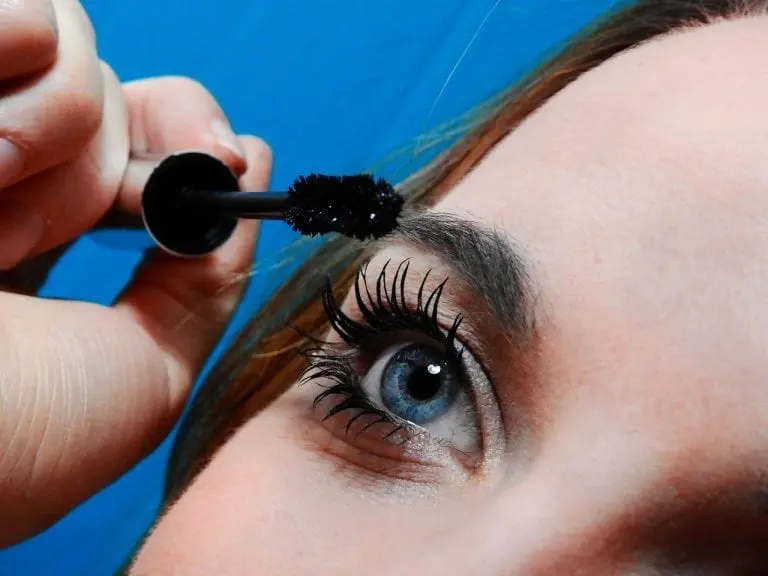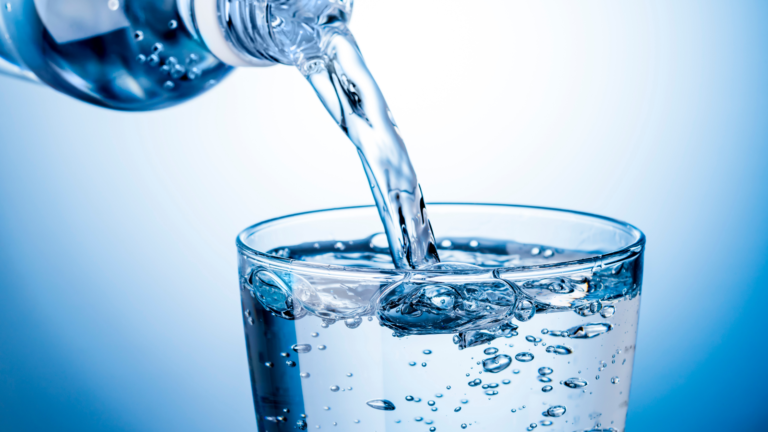What Is Menopause And How Best To Deal With It

Many important changes happen to a woman’s body during her lifetime. It happens at puberty, during pregnancy, while breastfeeding, and during menopause. Menopause, as the term indicates pauses the menstruation cycle in women. It marks the end of fertility. There is so much to it and it is important for every woman to know what to expect at this time. Menopause can be managed once it’s understood properly. Read below to learn about menopause and how it can be managed effectively.
What is Menopause?
Menopause is neither a disease nor a condition. It is a natural process that happens to a woman when she stops to menstruate. The term menopause describes the changes women go through just before or after the stop of the menstruation cycle. During this process, there will be fluctuations in the hormone levels, which results in many symptoms. Menopause is a part of the aging process and usually happens after the age of 40. There are a few women who experience it earlier due to removal of ovaries or damage to the ovaries due to chemotherapy or other such events. Menopause happens when the ovaries do not release eggs anymore every month. A woman has all the eggs stored in their ovaries, and it also controls the estrogen and progesterone levels. Therefore, when they no longer release any eggs, the menstruation stops.
Symptoms of Menopause
Women who are reaching menopause will experience mild to severe hot flashes. The sudden warmth spreads all over the upper body, with excessive sweating. Some of the other symptoms include:
- Mood swings and depression
- Insomnia
- Missed periods
- Irregular periods
- Fatigue
- Racing heart
- Crankiness
- Headaches
- Lack of bladder control
- Muscle and joint aches and pains
- Vaginal dryness
Complications of Menopause
During menopause, there is a change in the levels of estrogen and progesterone. The resulting loss of estrogen during menopause leads to many health issues. After menopause, women can suffer from the below complications
- Heart disease
- Osteoporosis or bone loss
- Bowel and bladder problems
- Urinary incontinence
- Breast cancer
- Risk of Alzheimer’s disease
- Lack of muscle tone and power
- Cataracts and other vision problems
Treatment to get Relief from Menopause Symptoms
During menopause, women can opt for a variety of treatments to get relief from various symptoms. Depending on the symptoms, personal preferences, and medical history different types of therapy can be chosen.
Hormone replacement therapy, HRT
The symptoms of menopause can be reduced, and the hormone levels can be maintained through HRT. It can be received by placing a patch on the skin. The patch helps to regulate estrogen and progesterone and is effective in relieving many of the symptoms. The HRT is useful to prevent bone loss and also lowers the risk of colorectal cancer.
Medicines: There are many medicines that can reduce the effects caused by menopause. Some of them are:
- Antidepressants of low-dose
- Serotonin reuptake inhibitors (SSRIs), that aid in reducing hot flashes
- Clonidine which comes both as an oral pill or a skin patch
- Vaginal estrogen to treat dryness of the vagina, urinary problems, and dyspareunia
Dietary Supplements to Treat Menopause
There are many supplements with vitamins that are available that can help you to manage menopause. You can click here to explore some of the supplements that can help manage common menopausal symptoms including sexual dissatisfaction, hot flashes, and mood swings. However, before that, it is necessary you find out what is affecting you, and decide on the supplement to be taken. Listed below are some of the vitamins that can help minimize low estrogen symptoms.
Vitamin E
It is beneficial for women experiencing menopause as it aids in reducing stress levels. Many women experience high stress during this period due to the imbalance of cortisol. There is a lot of oxidative stress in the body due to a lack of antioxidants which results in cell damage due to free radicals. Depression is also a common side effect of stress. Many foods like nuts, tomato, mango, kiwi, sunflower seeds, etc contain Vitamin E. It has many oxidative properties that help to relieve stress and also oxidative stress. If you are unable to get enough Vitamin E in the diet, supplements can be taken in the recommended dosage.
Vitamin D
When the skin is exposed to sunlight, the body makes Vitamin D. Deficiency of Vitamin D leads to an increase in bone fractures, bone pain, and softening of the bones. Older women are at a higher risk of osteoporosis because of biological differences. The daily recommended dose for women of the age 19 to 50 is 15 mcg and for women over 50 is 20 mcg. This vitamin can be obtained from foods like cheese, egg yolks, fortified foods, fish, etc. Since it is present in small quantities, it is best to take vitamin D as a supplement.
Vitamin B-12
Many women have Vitamin B12 deficiency during menopause, which is in turn linked to insomnia. Consuming food like salmon, milk, red meat and liver that contains B12 helps a great deal during menopause. If you are unable to get the recommended dose of 2.4 mcg of Vitamin B12 every day, opt for supplements.
Vitamin B6
This Vitamin is essential for protein breakdown, making antibodies, and to keep blood sugar levels normal. Lack of this vitamin in the body increases the risk of depression in women during menopause. Hence, it is necessary to maintain a proper level of B6. It is present in foods like bananas, nuts, poultry, beef, pork, legumes, whole grains, and avocados.
Vitamin A
It is essential for healthy bones, healthy teeth, skin, and soft tissue. Preformed Vitamin A is stored as retinoids in the liver. It is present in fruits and vegetables, animal products, and fortified foods. Fruits and veggies contain beta-carotene, which gets converted into Vitamin A. This helps to reduce the risk of bone fracture and also maintain good bone health. If you are taking it as a supplement, the recommended daily dose is 5,000 IU.
The effects of menopause are due to the fluctuating levels of estrogen and progesterone in the body. Menopause is a natural occurrence and hence there is no way to prevent the onset of menopause. However, it can be managed. Managing stress, staying active, getting enough sleep, reducing the consumption of processed foods, and eating healthy food are essential. Talk to a doctor if you are not getting enough nutrients from your food. Your physician might recommend supplements to reduce the symptoms of menopause.









